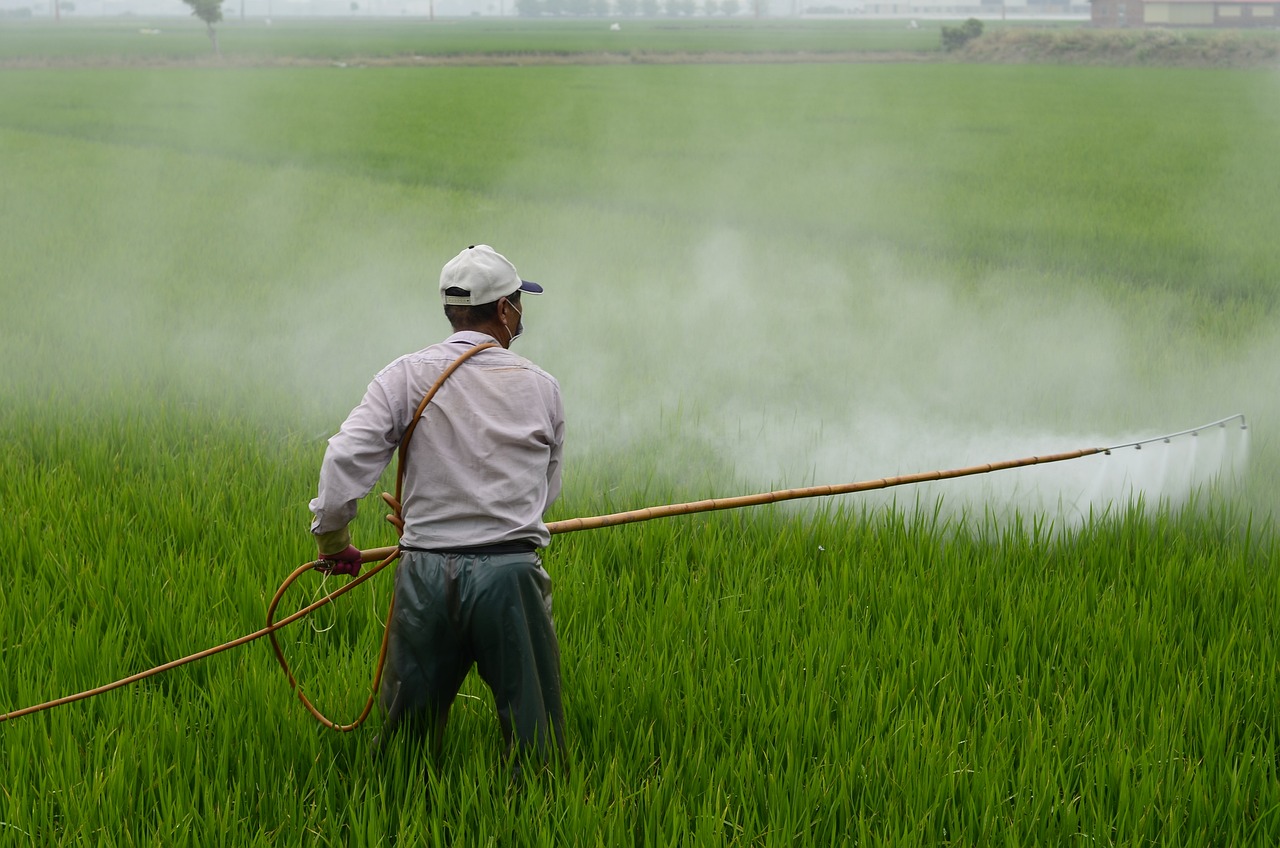Members of Southern African Pesticides Regulators Forum (SAPReF) adopted the draft SADC HHPs Strategy during the Annual General Meeting and Strategy training held in Johannesburg on 4th -8th September 2023. The meeting was organized by SAPReF and the University of Cape Town (UCT) in collaboration with Food and Agriculture Organization (FAO) and Swedish Chemicals Agency (KemI).
Articles | news
SADC Strategy on HHPs adopted by members of Southern African Pesticide Regulators Forum (SAPReF)
During the Annual General Meeting and Strategy training in Johannesburg from September 4-8, 2023, members of the Southern African Pesticides Regulators Forum (SAPReF) adopted the draft SADC HHPs Strategy. The meeting was organized by SAPReF and the University of Cape Town (UCT) in collaboration with the Food and Agriculture Organization (FAO) and the Swedish Chemicals Agency (KemI).

More programs

Our work under the Mercury Elimination Program aims to protect human health and the environment from anthropogenic emissions and releases of mercury and mercury compounds, in line with the Minamata Convention on Mercury, a legally binding global treaty adopted in 2013. Kenya is a party to the Minamata Convention.

Under this program, CEJAD aims to eliminate the risk posed by exposure to lead in paints to women and children, and improve the regulatory frameworks to phase out lead in paint at national, regional and international level.

Our work under this program aims to promote the phase out of Highly Hazardous Pesticides (HHPs) from use, especially in agriculture to protect human health and the environment. The use of HHPs is threatening the lives of vulnerable populations, food systems, biodiversity and the environment at large.

The Montreal Protocol, adopted in 1987, protects the ozone layer by regulating ozone-depleting substances (ODS), such as chlorofluorocarbons (CFCs) and hydrochlorofluorocarbons (HCFCs). It mandates the phase-out of CFC and HCFC production and consumption with specific timeframes for different Parties, based on their status as a developed or developing country.

Our work under this program aims to reduce the health and environmental impacts associated with waste and plastics throughout their life cycle. Over the years, plastic and plastic products have emerged as problematic and hazardous to human health and the environment.

